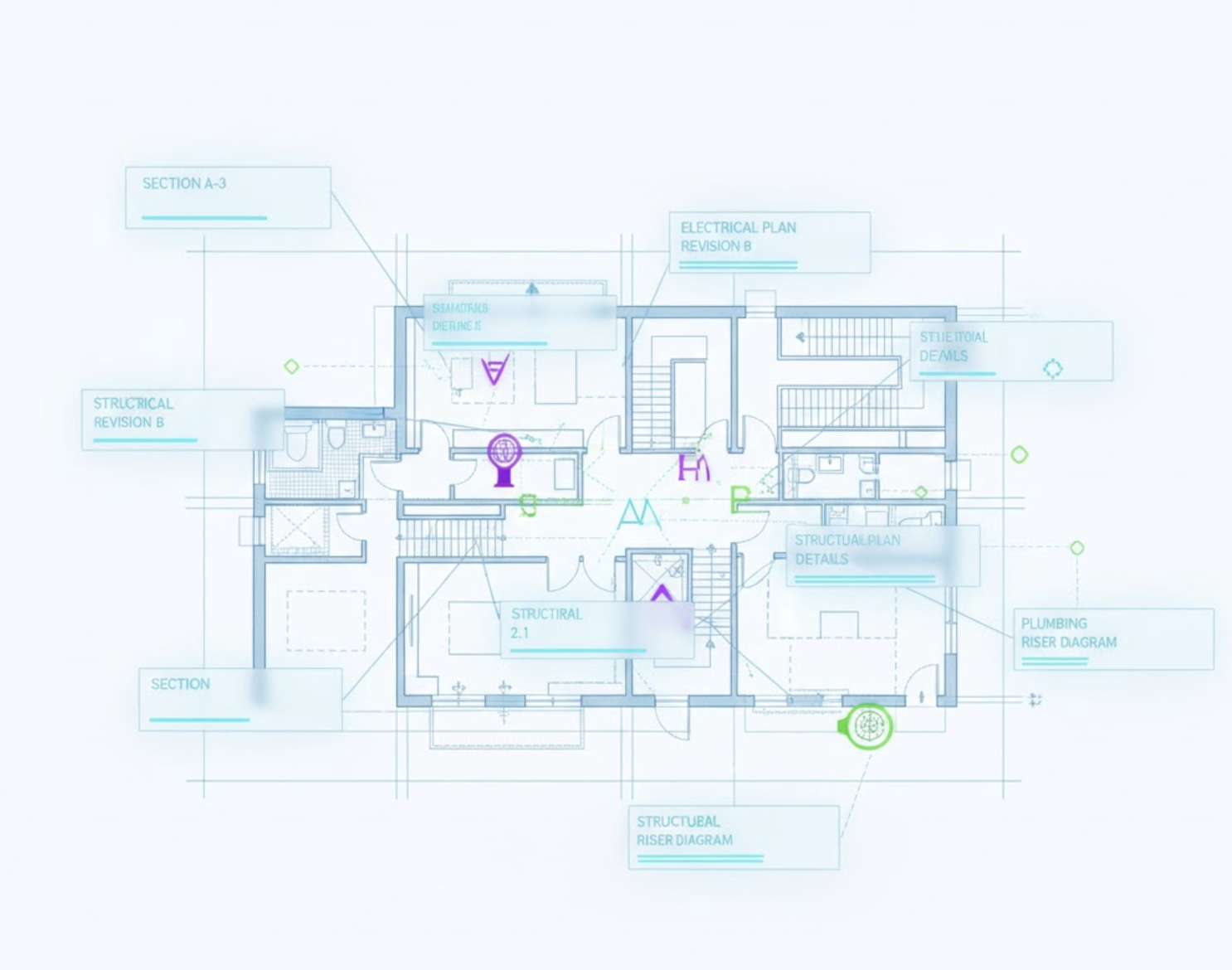How AI Tender Evaluation Can Help Real Estate Developers in the US Stay Ahead
Artificial Intelligence (AI) is changing the landscape of various industries, and real estate is no exception. AI tender evaluation significantly enhances the traditionally manual, labor-intensive bidding process by automating the analysis of bid documents, cost data, and compliance requirements. In this blog post, we will explore how AI can dramatically increase speed, accuracy, and transparency for real estate developers in the US.
Key Concepts & Benefits of AI Tender Evaluation
- Reduced Bidding Costs: Implementing AI-driven tender management tools has been associated with lower bidding costs and diminished manual labor.
- Shortened Evaluation Cycles: With AI, the evaluation process is accelerated, which leads to quicker project delivery timelines.
- Improved Compliance: AI systems can identify discrepancies, errors, or potential risks before they escalate into costly problems.
- Objective Decision-Making: By utilizing data-driven assessments, AI helps minimize subjective bias in the evaluation process.
Relevant Statistics Supporting AI Tender Evaluation
The AI-powered real estate sector in the US is anticipated to grow significantly as developers embrace technology for faster project delivery. For instance, platforms like Northspyre, which have handled over $175 billion in real estate projects, reveal that AI assists teams in cutting costs and maximizing profits through early, precise budgeting based on data analytics.
Furthermore, more than 750 startups are currently dedicated to developing AI tools for real estate, spanning various applications including data analytics, contract analysis, and workflow automation.
Major Use Cases for Real Estate Developers
AI tender evaluation is multifaceted, offering several use cases for developers:
- Pre-Development Planning: Early insights into project costs and risks enable efficient vendor selection and budget setting.
- Portfolio Optimization: Developers managing multiple projects can leverage AI analytics for benchmarking and resource allocation.
- Bid Assessment & Vendor Management: Automated comparisons of bids based on various factors lead to optimal vendor selection.
- Risk Management: Predictive analytics can highlight potential risks, allowing developers to address issues proactively.
- Contract and Compliance Automation: AI helps ensure that all contractual obligations are met and regulatory compliance is maintained.
- Continuous Learning: Machine learning algorithms improve evaluation accuracy over time, adapting to shifts in the market.
Best Practices for Implementing AI Tender Evaluation
For successful AI tender evaluation implementation, developers should follow several best practices:
- Data Centralization: Ensure accessibility of all key project documents to optimize AI accuracy.
- System Integration: Choose AI solutions that integrate seamlessly with existing project management systems.
- Human Oversight: Maintain expert review processes, especially for high-value tenders, to check AI outputs.
- Continuous Feedback Loop: Platforms leveraging machine learning should refine evaluation criteria as new data comes in.
Innovations and Future Trends in AI Tender Evaluation
The future of AI in tender evaluations showcases exciting trends:
- Natural Language Processing (NLP): AI tools can deconstruct complex tender documents, making them more understandable.
- Predictive Analytics: AI can optimize project costs and indicate the likelihood of bid success.
- Collaborative AI Agents: Advanced systems can simulate expert review processes, enhancing the evaluation quality.
- Real-time Valuation & Risk Scoring: AI enables on-demand assessments of project risks and values.
How Zepth Supports AI Tender Evaluation for Real Estate Developers
At Zepth, we understand the importance of leveraging AI to streamline the tender evaluation process:
- Automated Tender Management: Our AI Tender Tracker automatically compares, scores, and ranks bids based on critical factors, facilitating quick selections.
- Risk Identification: Zepth’s tools proactively identify potential contract problems, allowing teams to act before challenges arise.
- Document Automation: Our platform leverages AI to extract and structure project information for easy accessibility.
- Portfolio-Wide Insights: We offer analytics that benchmark projects and monitor vendor performance, optimizing resource allocation.
- Collaborative Workflows: Zepth integrates with essential project management systems to create cohesive workflows for evaluation and approval.
Caveats & Limitations of AI Tender Evaluation
Despite the advantages provided by AI, developers must be aware of certain limitations:
- Expert oversight is crucial, especially for complex tenders, to validate the AI’s recommendations.
- Successful implementation requires high-quality, well-structured data; poor data quality can hinder performance.
- Integration with existing systems should be managed carefully to avoid workflow disruptions.
Conclusion
In summary, AI-driven tender evaluation is vital for US real estate developers who want to improve speed, cost-efficiency, risk management, and competitive advantage. By utilizing integrated platforms like Zepth, developers can automate complex aspects of bid evaluations, ensuring compliance, data-driven decisions, and enhanced project outcomes.




